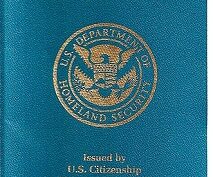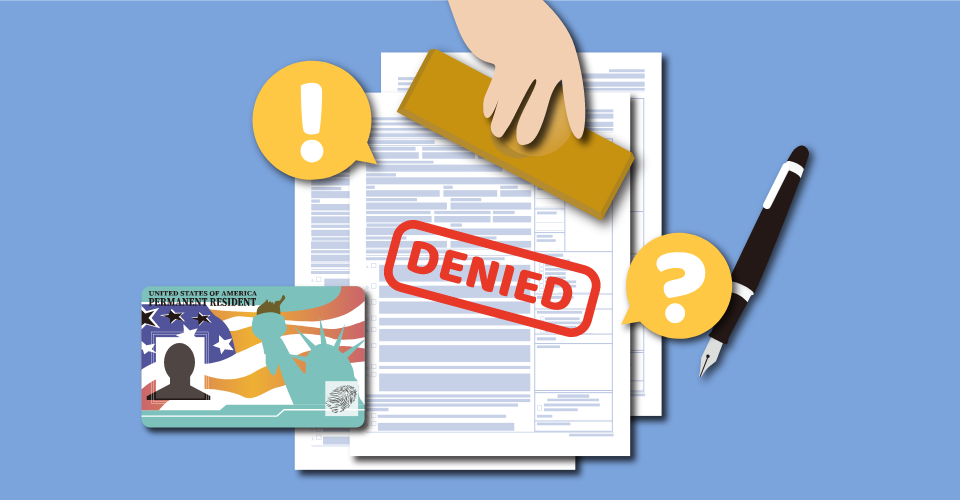

What does a visa denial under INA section 221(g) mean?Ī visa denial under section 221(g) of the INA means that the consular officer did not have all of the information required to determine if you are eligible to receive a visa.

petitioner, in certain immigrant visa cases. Some ineligibilities can be overcome, either by you, the visa applicant, or the U.S.

These reasons, called ineligibilities, are listed in the Immigration and Nationality Act (INA) and other immigration laws. law, your visa application will be denied (refused), and you will be provided a reason for the denial. There are many reasons a visa applicant could be found ineligible for a visa. If a consular officer finds you are not eligible to receive a visa under U.S. For more information, review the visa ineligibilities in the Immigration and Nationality Act (INA). Several of the most common reasons for visa ineligibilities are explained below. If denied a visa, in most cases the applicant is notified of the section of law which applies. Visa applicants are also advised by the consular officer if they may apply for a waiver of their ineligibility. An application may be denied because the consular officer does not have all of the information required to determine if the applicant is eligible to receive a visa, because the applicant does not qualify for the visa category for which he or she applied, or because the information reviewed indicates the applicant falls within the scope of one of the inadmissibility or ineligibility grounds of the law. An applicant’s current and/or past actions, such as drug or criminal activities, as examples, may make the applicant ineligible for a visa. law sets out many standards under which a visa application may be denied. While the vast majority of visa applications are approved, U.S.

After relevant information is reviewed, the application is approved or denied, based on standards established in U.S. law generally requires visa applicants to be interviewed by a consular officer at a U.S.


 0 kommentar(er)
0 kommentar(er)
